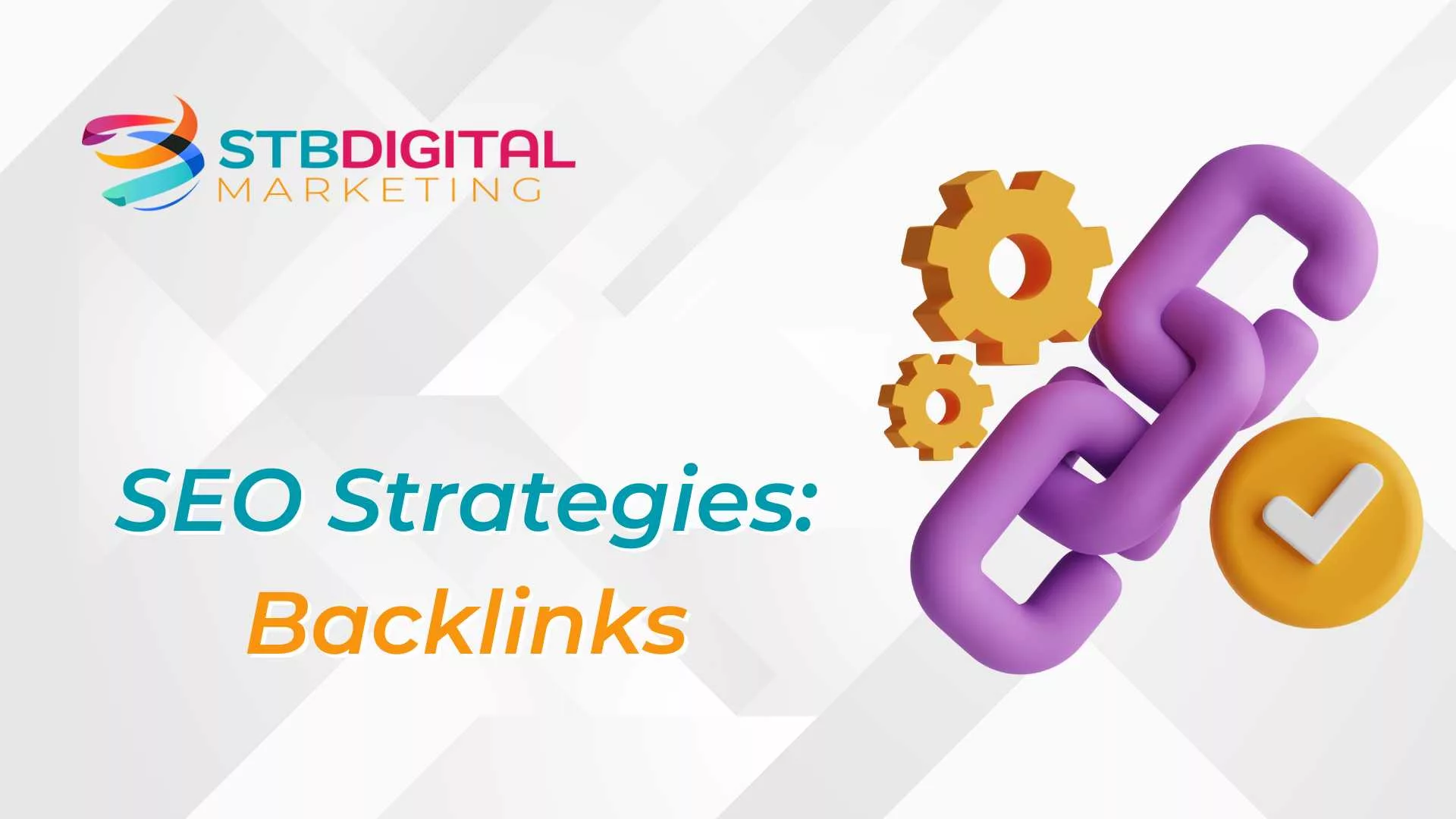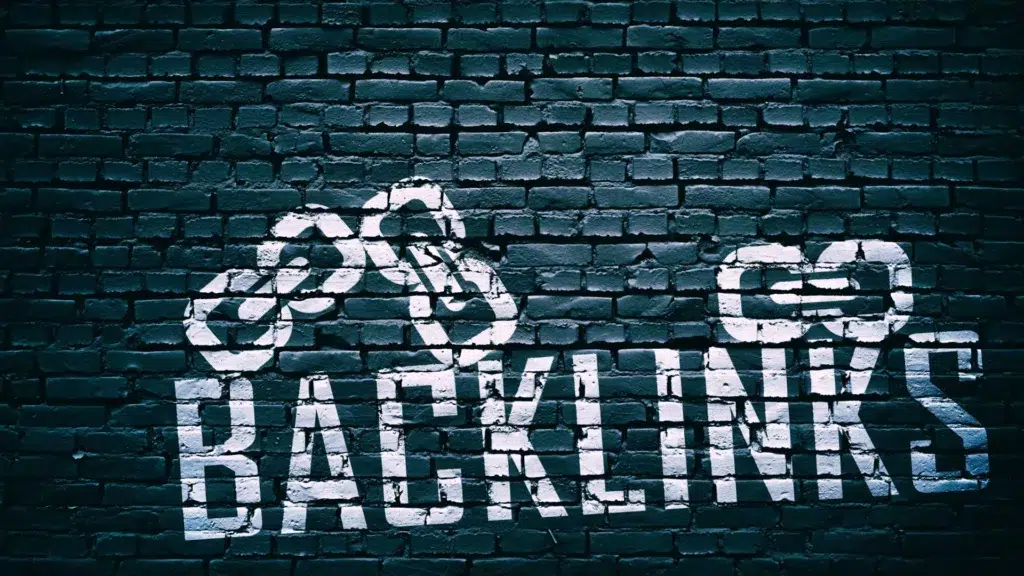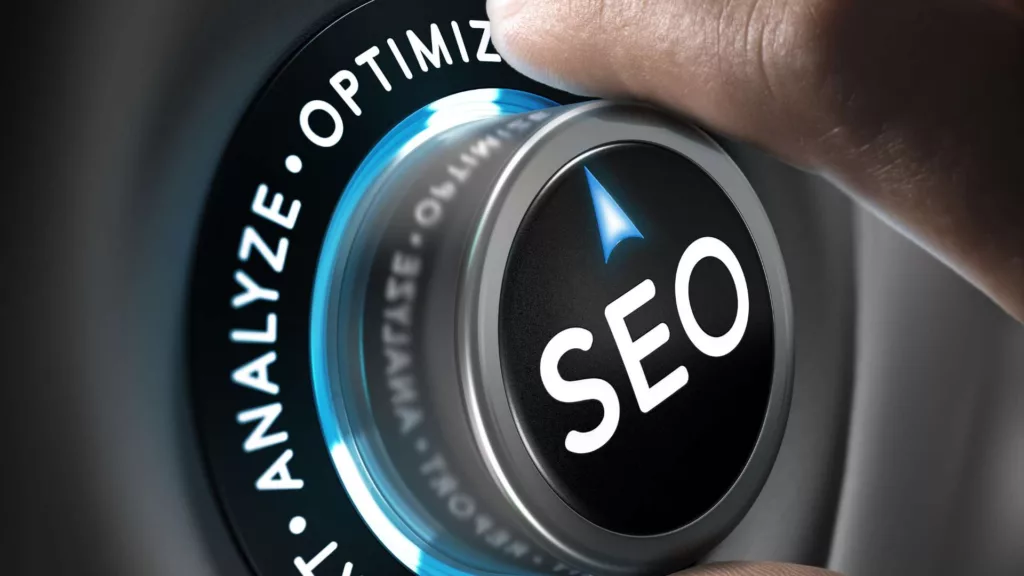
The Power of Backlinks: Building a Strong Link Profile for SEO Success
Introduction
In today’s digital marketplace, the currency of a successful SEO strategy is the strength of your backlink profile. Mastering backlinks is not just an art; it’s a science that, when applied correctly, can elevate your online presence and drive targeted traffic to your website.

The Fundamental Role of Backlinks in SEO:
Backlinks are the digital nod of approval between websites. A well-placed link is a vote of confidence, signaling search engines that your content is a valuable resource. This not only bolsters your site’s credibility but also can catapult your rankings in the search engine results pages (SERPs), making your site a beacon for users in the vast sea of online content.
Effective Backlink Strategies to Enhance Your SEO:
The cornerstone of a potent SEO campaign is a strategic backlinking plan. Prioritize links from esteemed, high-traffic sites within your niche. Engage with community forums, share insightful comments, and cultivate relationships with industry influencers. Each quality backlink is a stepping stone to heightened visibility and authority.
In-Depth SEO Link Building Techniques:
Crafting a backlink strategy requires a meticulous approach. Beyond guest blogging and networking, it’s vital to ensure your anchor texts are diverse yet relevant, your backlinks come from different domains, and each link adds contextual value to the content it supports. Conduct thorough audits of your backlink profile regularly to identify and disavow toxic links that could undermine your SEO efforts.

Maximizing Website Authority with Strategic Backlinks:
A robust link profile comprises links that are not only numerous but also authoritative. Seek opportunities for backlinks from websites that are recognized as thought leaders in your industry. Remember, a single link from a prestigious site can be more impactful than dozens from lesser-known sources.

Conclusion
Mastering the intricacies of backlinks is a powerful tactic in an SEO expert’s toolkit. It’s a continuous endeavor that demands dedication and adaptability to the ever-evolving algorithms of search engines. By crafting and implementing a dynamic backlink strategy, you position your website to thrive in the competitive arena of digital marketing.
With a well-crafted strategy and a dash of creativity, you can harness the power of backlinks to not just chase but lead in the race for SEO dominance.
Frequently Asked Questions about Search Engine Optimization (SEO)
Welcome to our Frequently Asked Questions (FAQs) about Off-Page SEO.
If you’re looking to elevate your website’s search engine rankings, Off-Page SEO is a critical component of your strategy. Below are the answers to the most commonly asked questions about Off-Page SEO, covering everything from its importance and techniques to tools and best practices. Whether you’re a beginner or an experienced marketer, this section will help you understand how Off-Page SEO can transform your online presence.
Welcome to our Frequently Asked Questions (FAQs) section.
As a leading digital marketing agency, we understand that navigating the digital landscape can be complex and sometimes confusing. That’s why we’ve compiled a list of the most common questions we receive from our clients about our services, from website development to SEO, social media marketing, Google Ads, and more. We believe in transparency and helping our clients understand every aspect of our work. If you can’t find the answers you’re looking for here, please feel free to reach out to us directly. We’re here to help!



